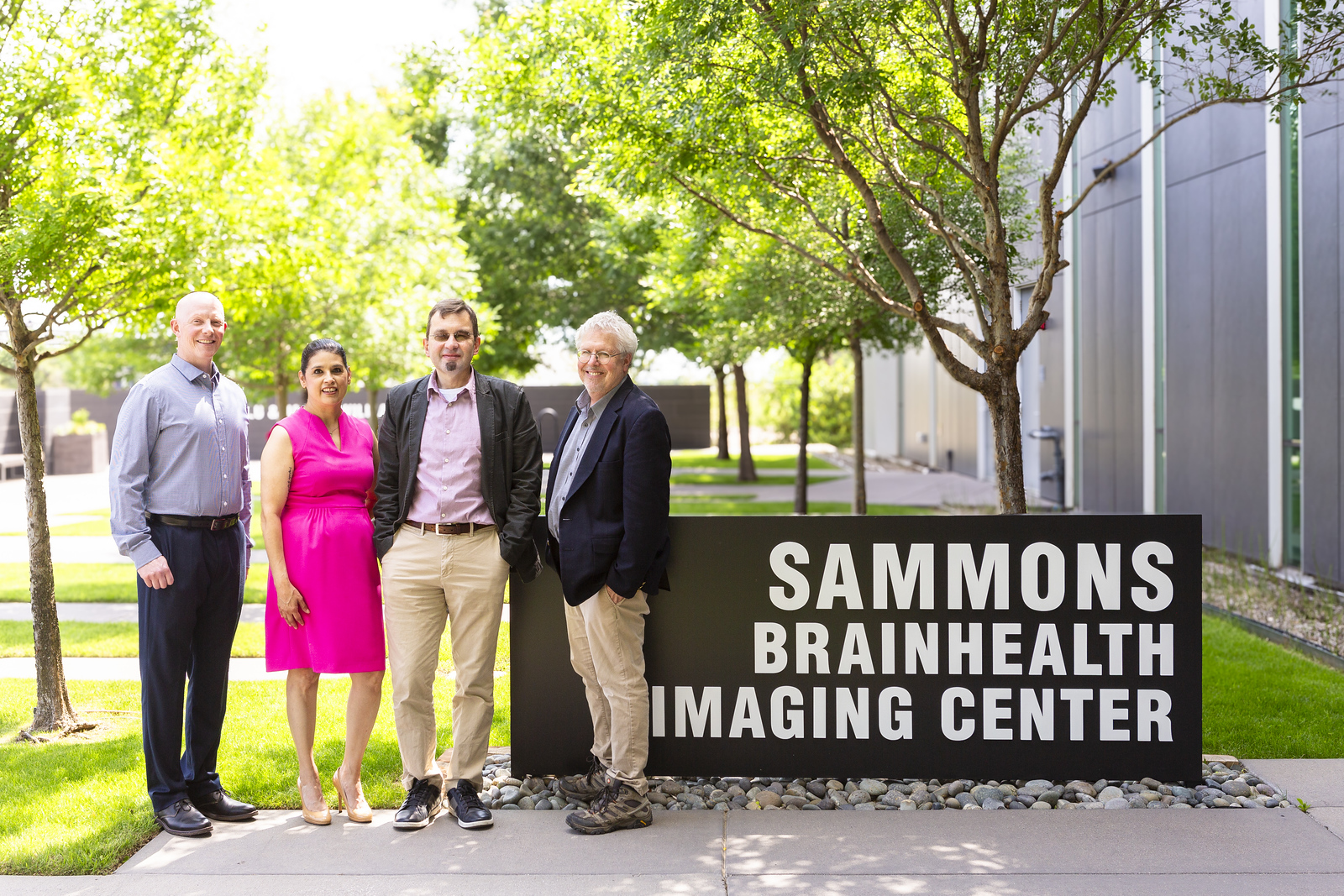
BrainHealth Research Demonstrates the Impact of Aging on Brain Function
Center for BrainHealth
Share this article

Bart Rypma, PhD
Principal Investigator Professor, Behavioral and Brain Sciences at UT Dallas Meadows Foundation Endowed Chair in Behavioral and Brain Sciences Director, Sammons BrainHealth Imaging Center

Jeffrey S. Spence, PhD
Director of Biostatistics
Related Information
